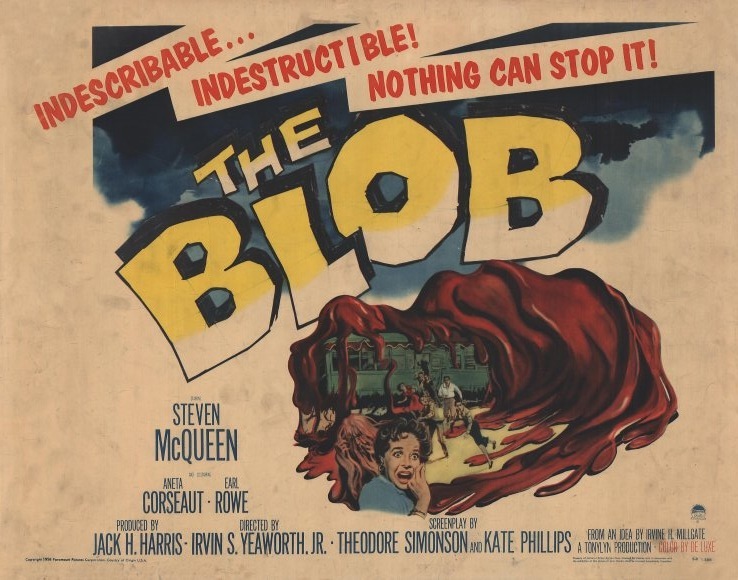Who Are The Blob?

Ending the war in Afghanistan brought out opposition that has been labeled “the Blob.” But who are the Blob?
The commonality among those being labeled the Blob seems to be that they want the war to continue. Many of them deny that but present arguments that a “small” military presence might be maintained. Most argue that the withdrawal was badly done but fail to offer how it might have been done better.
The time may have come to retire the term. Those advocating that the war continue are doing so from a number of backgrounds. Paul Wolfowitz was one of the architects of the Iraq invasion two years after Afghanistan, which was even more disastrous. Leon Panetta was Secretary of Defense and CIA Director under Obama. Ryan Crocker was Ambassador to Iraq under Bush and Obama, Ambassador to Afghanistan under Obama. David Petraeus was a military commander in the area and CIA Director under Obama. All were involved in some way.
All have recently made their views known in the media. Think-tankers and reporters have also opposed the withdrawal. Richard Haass, the president of the Council on Foreign Relations, has provided a tweet stream that is almost a definition of the Blob.
Haass should know that the relative quiet in Afghanistan over recent months was on outcome of Donald Trump’s bargain with the Taliban and not sustainable.
A number of reporters opposed the withdrawal and declared all aspects of the evacuation done poorly from the start. We haven’t seen an apology from the CNN reporter who predicted that the evacuation wouldn’t reach 50,000 people. The New York Times political reporters produced stories excoriating President Joe Biden on both the withdrawal and the conduct of the evacuation. Richard Engel did his part to illustrate the war lust of the media.
I’m not sure how far back the use of the term “the Blob” goes. I associate it with a particular group of people in and around the Barack Obama administration, although similar advocacy, for example of “rolling back” the Soviet Union in the early 1950s or the hostage rescue attempt under Jimmy Carter, has been around a long time.
Many of those people have gone on to other organizations and have been silent about the Afghanistan withdrawal; a few are in the Biden administration. The Blob seems to designate a thought pattern more than an ideology. I would summarize it as the belief that military force can solve international problems and should be taken early, with diplomacy as an add-on. Frequently the motivation is careerist.
We saw the Blob in action, goading Obama on involvement in Syria and advocating R2P, the Responsibility to Protect, as a way to insert the military into humanitarian issues. I’ll mostly avoid names, although those two issues imply a number of them.
Two of that Blob to consider are Ben Rhodes and Antony Blinken. Rhodes came from a background outside the national security apparatus and became more Blobbish as time went on. During the Obama administration, I would have included Blinken as part of the Blob, but he is now helping to carry out the withdrawal. Individuals change.
“The Blob” seems more of an accusation than a definition of a group of people. It might be more helpful to look at the groups opposed to withdrawal: those who participated in the twenty years of failure, those who profit from war, and those who want a story to get clicks.
Cross-posted to Nuclear Diner
